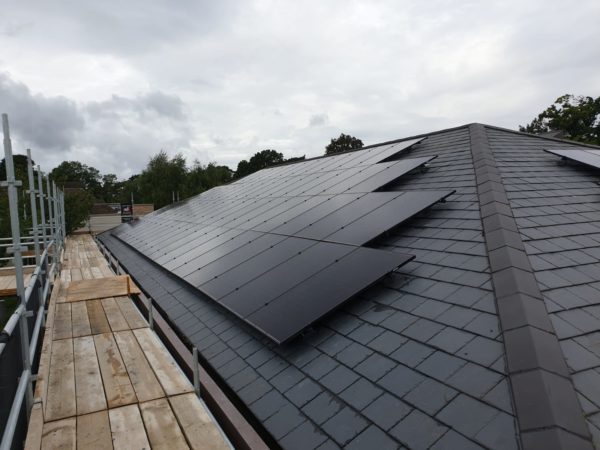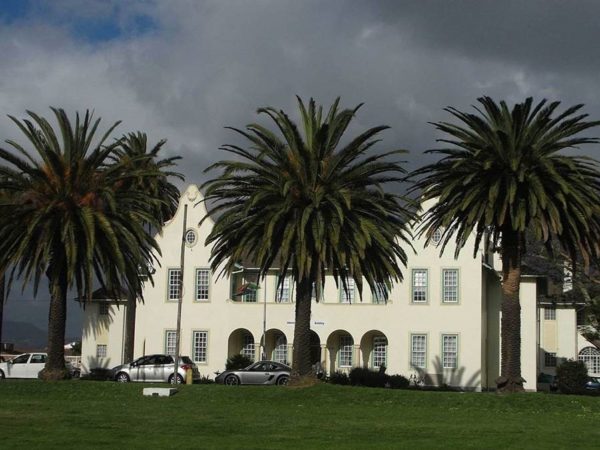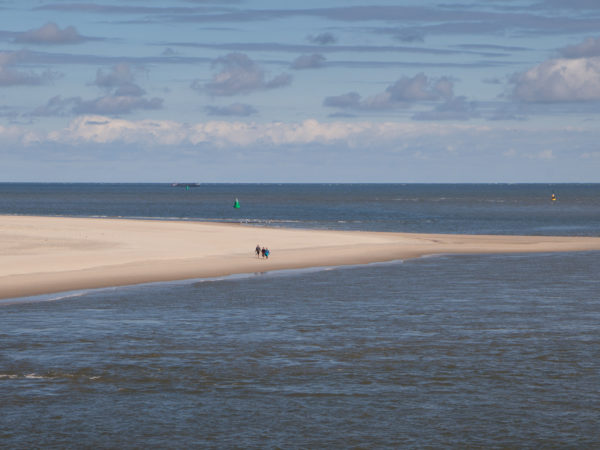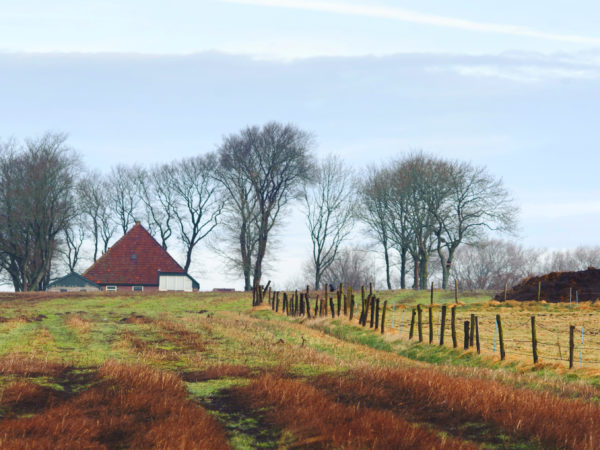Driving change in European and South Africa datacenter communities to ensure a sustainable future
Microsoft has outlined concrete commitments to sustainability in its operations, organized around four key areas: carbon, water, waste, and ecosystems. In support of these goals, Microsoft has made numerous investments in Microsoft datacenter communities, using local engagements to further sustainability.
Contributing to carbon reduction
In Ireland, Microsoft is investing in innovative ways to procure renewable energy and provide flexibility for grids. Partnering with energy retailers and generators to install solar panels on existing rooftops avoids competing for land and the need for additional grid connections. Solar installations are now complete on 27 schools and hospitals across Ireland around the provinces of Leinster, Munster, and Connacht as part of Microsoft’s partnership with SSE Airtricity for Ireland’s first distributed power purchase agreement. Machine learning models determine the carbon emissions that the solar panels avoid. Ten participating schools are also kicking off a Solar Sustainability School Challenge, an education program covering three modules: Energy, Sustainability/Biodiversity, and STEM.
Microsoft is continually looking for new opportunities to improve environmental impacts in the communities where we work. In the Netherlands, Microsoft is partnering with Climate Cleanup to hold community-based workshops for citizens to develop project concepts for carbon reduction and sequestration. Microsoft is also funding sustainability challenges through ChangeX in Dublin and Sweden, allowing citizens to get involved in grassroots local projects.
Working toward sufficient and clean water for all
Having functional hospitals at all times during a water crisis is essential to saving lives, and sustainable water use is crucial for the Cape Town, South Africa region. The Western Cape region was faced with three straight years of minimal rain and reservoirs only 10 percent full. In order to prevent a complete shut-off of water taps, Microsoft partnered with local officials and organizations to determine which conservation efforts would have the most impact, ultimately developing a plan to install new water meters at local hospitals. The Western Cape Provincial Department of Health received an award to install smart water meters at 53 public hospitals in the Cape Town, South Africa region. These meters provide greater visibility into water consumption to ensure that hospitals can remain operational despite a water crisis. This project contributed the costs of 58 smart water meters themselves, installation, reporting, and the first year of maintenance. The investment affects nearly 10,000 beds, benefiting about 100,000 people per month.
Meanwhile in Sweden, Microsoft, Innovation Skåne, and its partners are challenging innovators to develop ideas for reducing the water consumption involved in food production. Fresh water is essential for life, but it is also a scarcity. Globally, food production accounts for the use of about 70 percent of all fresh water. Fifty percent of all food produced in Sweden originates in Skåne, and 70 percent of all the fruits and vegetables, so the local impact is significant. Entrepreneurs and innovators participating in the Venture Cup Water Challenge 2021 have submitted their pitches around how to reduce the water consumption in food production. From the 10 finalists, 3 winners were announced, with a monetary award to advance their ideas. Congratulations to Nära & Naturlig, Helios Innovations and Diapure.
Reducing waste in the push to a circular economy
Recently, a new waste identification testbed was launched in southern Sweden by partners Mobile Heights, Innovation Skåne, Invest in Skåne, Norrvidinge, and OP Teknik. Microsoft invested in this project with the objective to accelerate the recycling of industrial waste. Using sensors and advanced robotics improves the ability to identify and sort materials in industrial waste, meaning it will become easier to reuse materials and accelerate the transition to a circular economy. The overall objective is for new innovations in waste management to be implemented and shared widely throughout the industry for a more sustainable future
Microsoft datacenter employees in North Holland worked with Staatsbosbeheer, the Dutch government forestry department, to hold a volunteer day to clean the mudflats of the Waddenzee, removing debris from the mudflats and making the surrounding ecosystem cleaner and healthier. The goal is to produce a positive change in people’s daily waste management by creating awareness and educating people about waste disposal and the importance of nature habitats.
Protecting and restoring ecosystems through reforestation
Ireland is tied with the Netherlands as the least forested country in Europe, at just 11 percent—with only 1 percent being native forest. As climate change increasingly threatens our global society, reforestation is an important tool for sequestering greenhouse gas emissions. For this project, farmer landowners were provided compensation per hectare to create new native forest. Microsoft matched the government subsidies that landowners can already receive from the Irish Forestry Service in exchange for having forests on their land indefinitely. This helps farmers and other landowners diversify income and makes forestation a more workable financial option. This project is helping Ireland to achieve its national greenhouse gas emissions targets by creating 137 hectares of new native forest, which are projected to sequester 35,600 tonnes of carbon over the next 40 years, equivalent to removing 7,500 passenger vehicles from the road for a year.
In the Netherlands, around 80 percent of the ash trees are infected with a fungal disease called ash dieback, a potential disaster for the Dutch woodlands. Using learnings from the Irish reforestation efforts, Microsoft worked with local partners to plant 118,000 trees, either creating new native woodland or replenishing trees destroyed by ash dieback. These reforestation projects contribute to emission reduction goals, create green space for communities, provide habitat for local species, and reduce the impact of floods.





